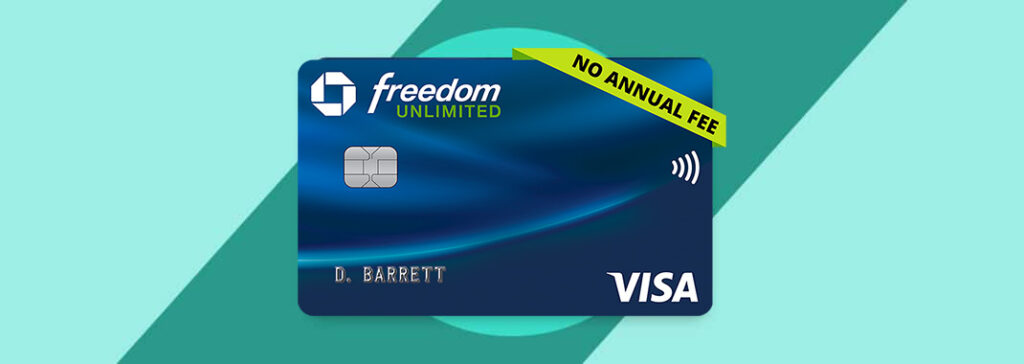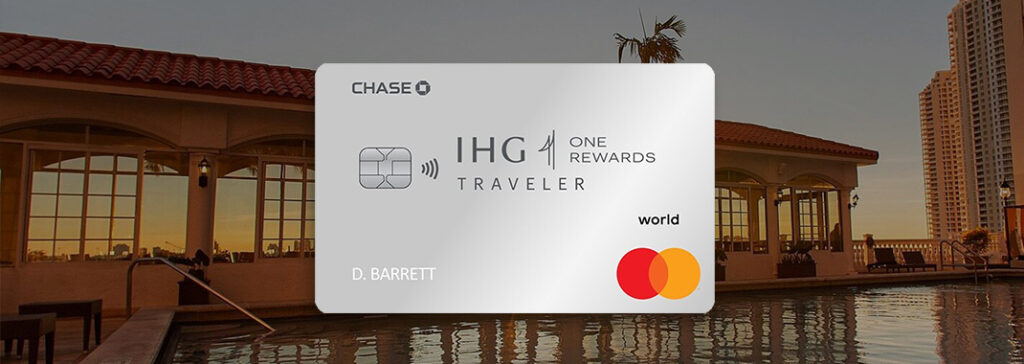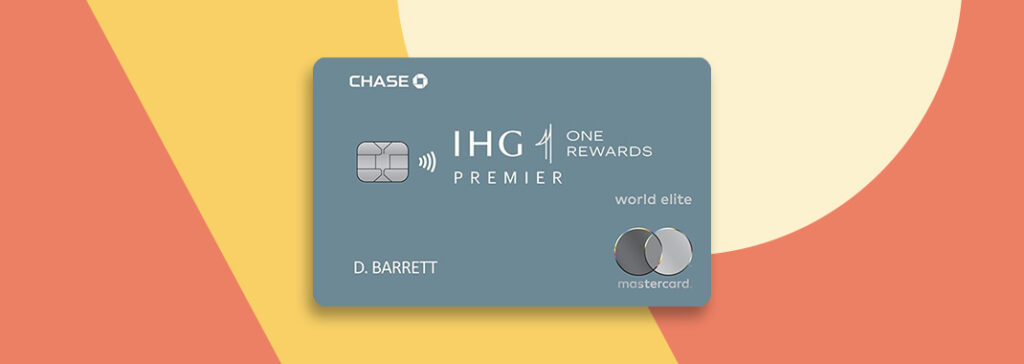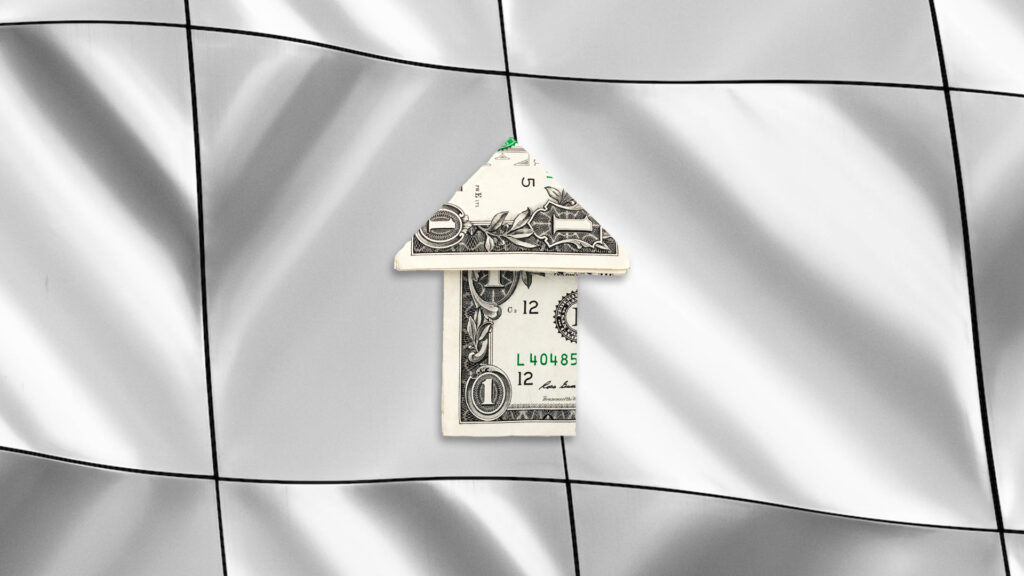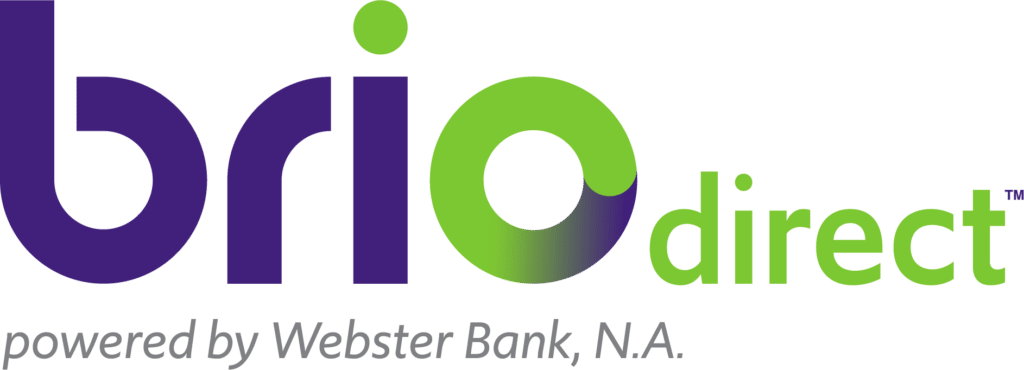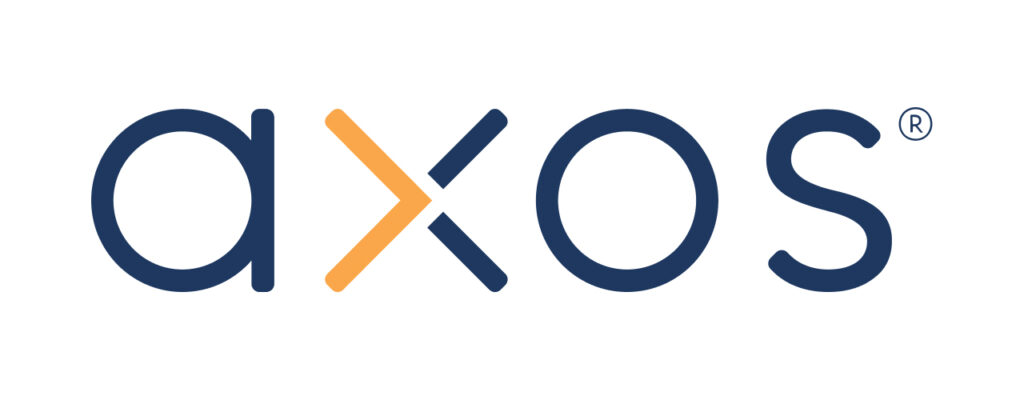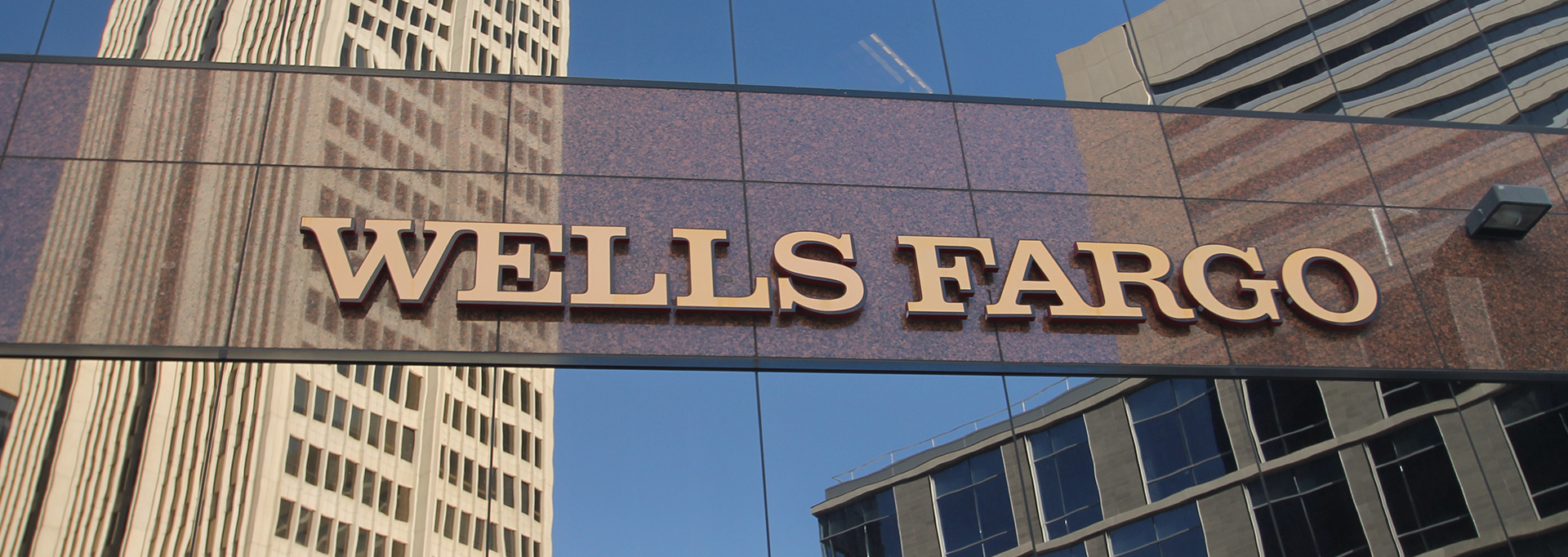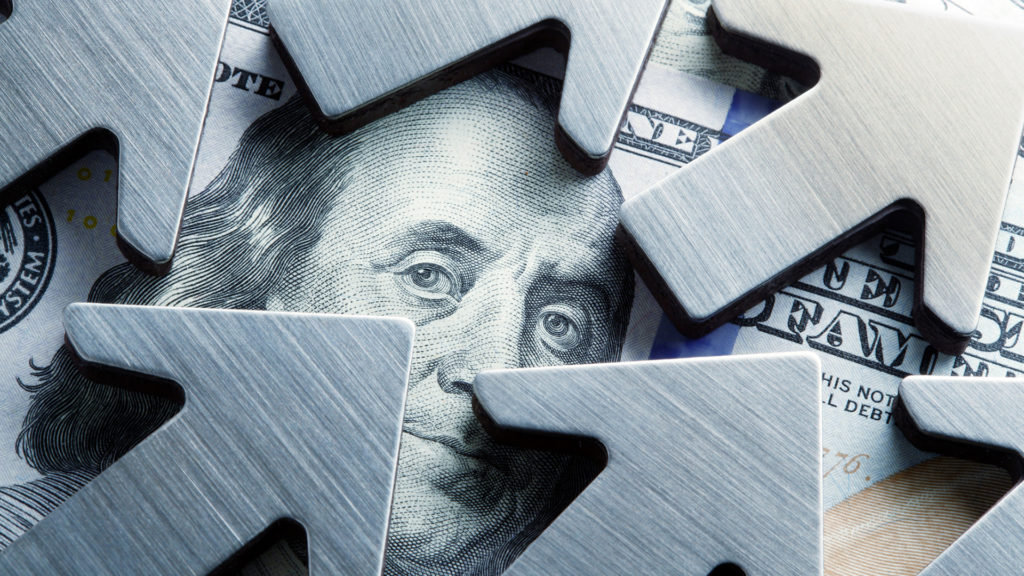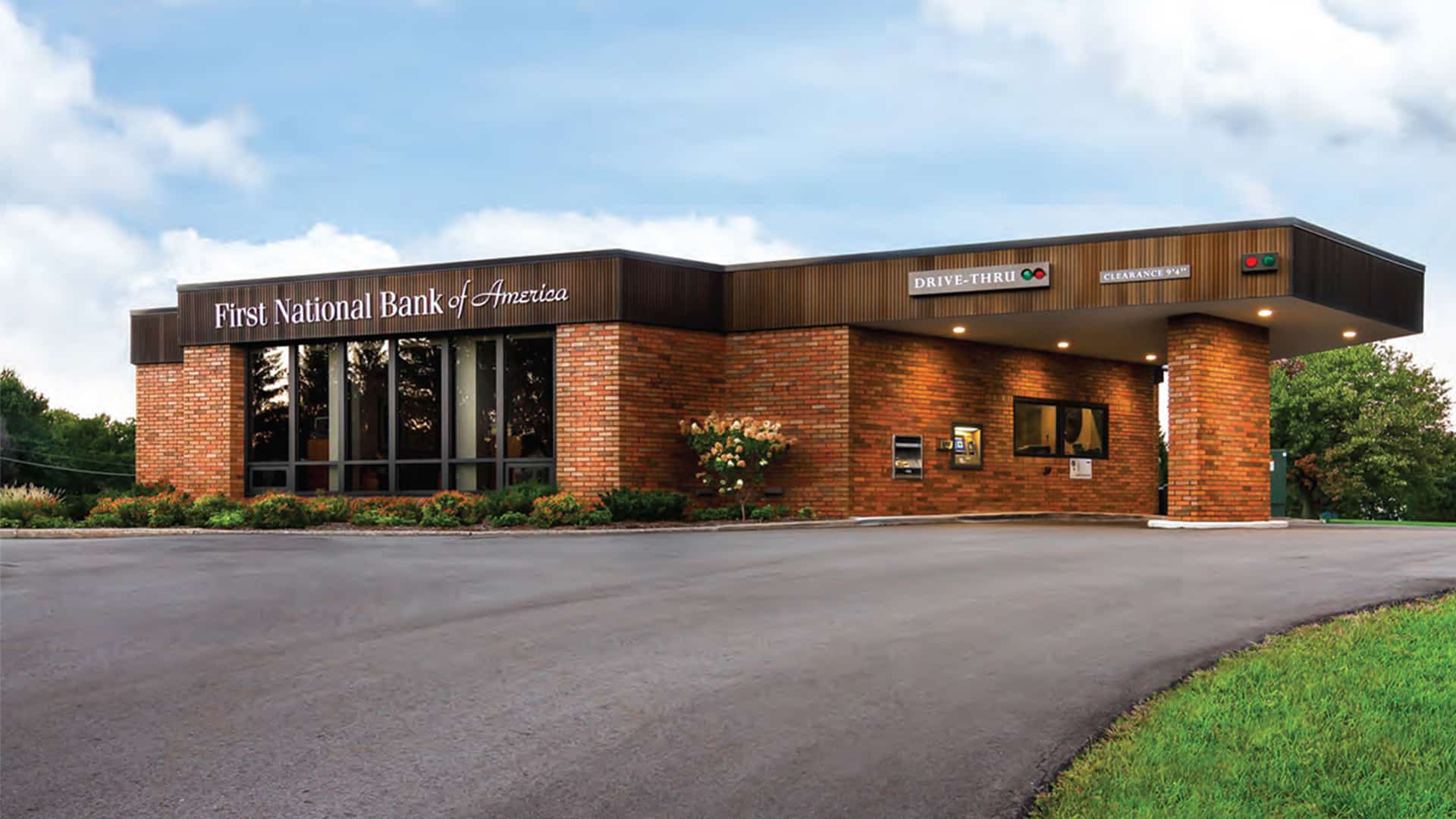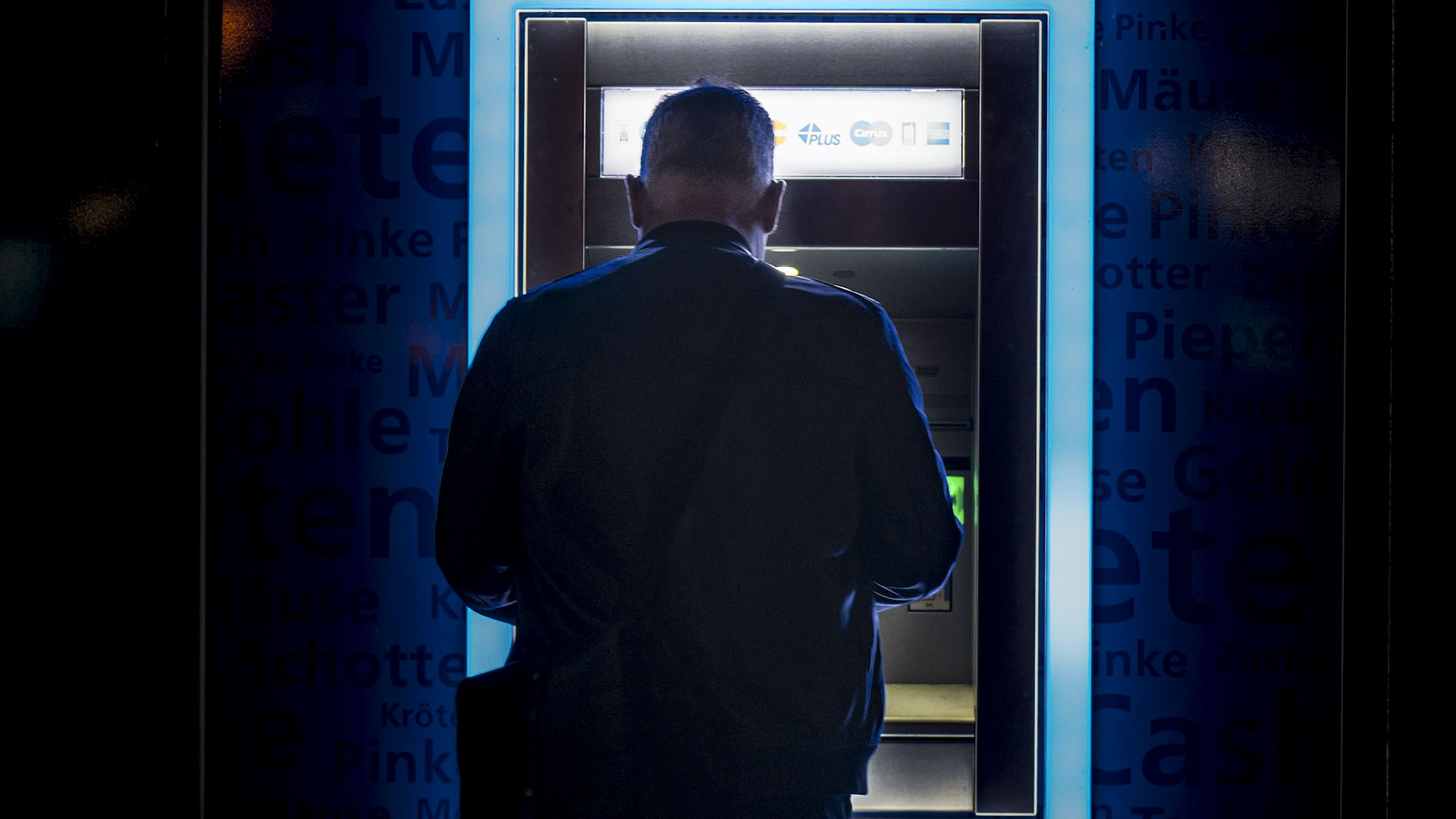Most products on this page are from partners who may compensate us. This may influence which products we write about and where and how they appear on the page. However, opinions expressed here are the author's alone, not those of any bank, credit card issuer, airline or hotel chain.
Key Takeaways:
- No-penalty CDs are more flexible than traditional certificates of deposit because you won’t be charged a fee for withdrawing funds before the term ends.
- But there’s usually a waiting period before you can pull your funds, or you might only be allowed to withdraw some of your money.
- No-penalty CD APYs are similar to those on high-yield savings accounts, but the interest rate won’t change during a CD term like it can with a savings account.
Stashing your money in a savings account can net you a decent return, especially if it's a high-yield savings account. But if you don't need access to the money anytime soon, you may find a higher interest rate on a certificate of deposit (CD) at some banks and credit unions.
Traditional CDs are higher-yielding accounts that come with a catch: To take advantage of the higher, low-risk annual percentage yield (APY), you can't take money from the account until it reaches maturity, which can take anywhere from three months to five years in most cases.
If you take a withdrawal before the account matures, you'll be subject to an early withdrawal penalty, which can amount to several months' worth of interest. Fortunately, no-penalty CDs are on the rise, allowing account holders to take that withdrawal, albeit with some limitations, without a fee.
Here are some of the best no-penalty CD rates from both brick-and-mortar and online banks. Note that these rates are current as of March 2025.
Best No-Penalty CDs
| Bank | APY | Maturity | Minimum Deposit | Learn More |
|---|---|---|---|---|
|
|
3.50%
Annual Percentage Yield is accurate as of April 2, 2024. Interest rates for CIT Bank's No-Penalty CD are variable and subject to change at any time without notice. |
11 months Can withdraw balance, including interest earned, 7 days after funding account. |
$1,000 | Open CD |
|
|
4.00% |
11 months Can withdraw balance, including interest earned, 7 days after funding account. |
$0 | Open CD |
|
|
4.70% |
7-13 months Can withdraw balance, including interest earned, 7 days after funding account. |
$500 | Open CD |
|
|
Up to 3.40% |
18-36 months Can make 1 partial withdrawal but must keep at least $1,000 in account. |
$2,500 | Open CD |
CIT Bank No-Penalty CD: 3.50% APY
CIT Bank offers one of the more competitive CDs with no early withdrawal penalty on the market. Account holders can earn a 3.50% annual percentage yield by locking up their money for just 11 months. The bank's $1,000 minimum deposit is a bit steep, and there's no way to make an early withdrawal of just a portion of your balance. You also have to wait at least seven days after funding your account before you can touch the money.
But if you don't anticipate needing some of your money over the next 11 months, you'll be hard-pressed to find better CD rates with no early withdrawal penalty.
CIT Bank also offers a checking account, a handful of savings products and mortgage loans.
- Interest rate: 3.50% APY
- Maturity: 11 months
- Compounding period: Daily
- Minimum opening deposit: $1,000
- Withdrawal limitations: You may withdraw the whole balance, including interest earned, beginning seven days after funding the account.
CIT Bank No-Penalty Certificate of Deposit
- Our Rating 4.5/5 How our ratings work
- Minimum
Deposit Required$1,000 - 11-Month APY3.50%
Annual Percentage Yield is accurate as of April 2, 2024. Interest rates for CIT Bank's No-Penalty CD are variable and subject to change at any time without notice.
CIT Bank's No-Penalty CD offers one of the most competitive rates with no early withdrawal penalty on the market. With this account, you can earn a 3.50% APY, and the CD matures in just 11 months, which is shorter than average.
Overview
The CIT Bank No-Penalty CD offers a 3.50% APY, which may be ideal for people who want both flexibility and a higher interest rate.
Pros
- Strong APY for a no-penalty CD
- No opening or maintenance fees
Cons
- Relatively high minimum opening balance
Ally Bank No Penalty CD: 4.00% APY
Ally Bank offers a great rate on its no-penalty CD, and its rate guarantee could also be a huge plus. If you fund an Ally Bank CD and the interest rate goes up within 10 days, you'll get bumped up to the new rate for your CD type and maturity date. It's also one of the few no-penalty CDs with no minimum opening deposit, and it has a short term of 11 months. Renew your CD at that time, and you'll get a 0.05% loyalty reward.
If you need to access your funds, you can take a full withdrawal on the seventh day after opening your account.
In addition to no-penalty CDs, Ally also offers checking, savings and money market accounts, personal, auto and mortgage loans and an investing platform.
- Interest rate: 4.00% APY
- Maturity: 11 months
- Compounding period: Daily
- Minimum opening deposit: $0
- Withdrawal limitations: You may withdraw the whole balance, including interest earned, beginning seven days after funding the account.
Ally Bank No-Penalty Certificate of Deposit
- Our Rating 5/5 How our ratings work
- Minimum
Deposit Required$0 - 11-Month APY APY4.00%
With no minimum opening deposit requirement and no early withdrawal penalties, there is a lot to like about Ally Bank's 11-Month No Penalty CD. Its interest rate is competitive with similar no penalty CDs, and even stands up to some regular one-year CDs.
Overview
If you’re worried you won’t be able to keep your money in a CD until it reaches maturity, you may want to consider Ally Bank’s No Penalty CD. This CD has no minimum opening deposit requirement, and will give you an interest rate that’s competitive with the best no-penalty CDs on the market.
Pros
- Strong interest rate
- No minimum opening deposit
Cons
- Only one term length
Marcus by Goldman Sachs No-Penalty CD: 4.70% APY
Marcus is the retail arm of Goldman Sachs, an investment bank. Its CD rates are among the strongest on our list, and it's also the only one to offer a shorter term than 11 months:
| CD Term | APY |
|---|---|
|
7 months |
4.70% |
|
11 months |
4.70% |
|
13 months |
4.70% |
At the moment, all of Marcus' three no-penalty CDs earn 4.70% APY. There is a $500 minimum opening deposit, but that's not as much as some other no-penalty CDs we've found.
In addition to decent CD rates, Marcus by Goldman Sachs also offers high-yield savings accounts, personal loans, credit cards and investment accounts.
- Interest rate: 4.70% APY
- Maturity: 7 to 13 months
- Compounding period: Daily
- Minimum opening deposit: $500
- Withdrawal limitations: You may withdraw the whole balance, including interest earned, beginning seven days after funding the account.
Bellco Credit Union Smart Move CD: Up to 3.40% APY
Bellco Credit Union offers a no-penalty CD with four term lengths:
| CD Term | APY |
|---|---|
|
18 months |
2.40% |
|
24 months |
3.40% |
|
30 months |
3.40% |
|
36 months |
3.15% |
Even the shortest maturity is longer than no-penalty CD rates from other financial institutions on our list. Plus, Bellco's $2,500 minimum deposit is steep.
That said, the credit union is the only one on our list that allows a partial withdrawal, though you have to leave at least $1,000 in the account until the CD's maturity date. You can also add $100 or more to your account once—most financial institutions don't offer this add-on feature—and you can also bump up to the next rate once during your term.
It's also important to note that Bellco has some membership requirements, which is common for credit unions. To join, you must:
- Live or work in an eligible area in Colorado.
- Have a family member who's a member.
- Work for or be affiliated with an eligible employer or association.
- If you're a Colorado resident, join the Consumers United Association ($5 per year or $25 for a lifetime membership).
- If you're not a Colorado resident, join the Bellco Foundation ($10 minimum donation).
While you have to jump through some extra hoops to join, and the longer-term CDs may not be as appealing, the other benefits the credit union provides could make it worth your while.
- Interest rate: Up to 3.40% APY
- Maturity: 18 to 36 months
- Compounding period: Monthly
- Minimum opening deposit: $2,500
- Withdrawal limitations: You may make one partial fee-free withdrawal during your CD term but must keep at least $1,000 in the account until maturity.
Pros and Cons of No-Penalty CDs
Pros
- No fee if you need to withdraw your money early
- Interest rate won't go down during your CD term
Cons
- Many have lower APYs than high-yield CDs
- Usually can't add more funds over time
- May have a waiting period before you can withdraw
- May only be able to do a partial withdrawal
Pros of No-Penalty CDs
Here's a closer look at the benefits of a no-penalty CD:
- No penalty fee: You won't have to pay a fee if you withdraw funds before the term length ends. Traditional CDs require you to keep your cash in the account for the full term or pay a fee. Read the fine print, though: Some no-penalty CDs have waiting periods and some only allow a partial withdrawal.
- Guaranteed APY: You'll get the same interest rate throughout the term of the CD (unlike with a savings account). This is a nice guarantee if you find a rate you like.
Cons of No-Penalty CDs
Keep these drawbacks in mind when considering a no-penalty CD:
- Lower APYs: Many CDs have lower interest rates than savings accounts or high-yield CDs. But some of the best no-penalty CDs have APYs that rival those accounts, so depending where you stash your money, this might not be a problem.
- Can't add funds: Once you've set up your CD, you usually can't deposit more funds during the length of the CD. Take time to figure out how much you want to put in the CD in advance so you can maximize your return in a way that works for you.
- Waiting period: Most no-penalty CDs have a waiting period, even if it's just a week or so, before you can withdraw your funds. This isn't a huge drawback but something to keep in mind if you think you'll need fast access to this money.
- Partial withdrawals: Some no-penalty CDs let you withdraw your entire balance without paying a fee, but some require you to leave a balance in the account. Read the fine print on any account you consider so you know if you can make a full or partial withdrawal if needed.
Recommended High-Yield Savings Accounts
| Bank Account | APY | Features | Learn More |
|---|---|---|---|
|
|
4.55%
*Annual Percentage Yield (APY) is variable and is accurate as of 2/26/2025. Rate is subject to certain terms and conditions. You must deposit at least $5,000 to open your account and maintain $25 to earn the disclosed APY. Rate and APY may change at any time. Fees may reduce earnings. |
$5,000 min. deposit |
Open Account |
|
|
Up to 4.86%
Earn up to 4.86% APY on savings, and 0.51% APY on checking when you meet requirements. |
No minimum deposit |
Open Account |
|
Member FDIC |
0.50% - 3.80%
SoFi members who enroll in SoFi Plus with Direct Deposit or by paying the SoFi Plus Subscription Fee every 30 days or with $5,000 or more in Qualifying Deposits during the 30-Day Evaluation Period can earn 3.80% annual percentage yield (APY) on savings balances (including Vaults) and 0.50% APY on checking balances. There is no minimum Direct Deposit amount required to qualify for the stated interest rate. Members without either SoFi Plus or Qualifying Deposits, during the 30-Day Evaluation Period will earn 1.00% APY on savings balances (including Vaults) and 0.50% APY on checking balances. Only SoFi Plus members are eligible for other SoFi Plus benefits. Interest rates are variable and subject to change at any time. These rates are current as of 1/24/25. There is no minimum balance requirement. Additional information can be found at http://www.sofi.com/legal/banking-rate-sheet. See the SoFi Plus Terms and Conditions at https://www.sofi.com/terms-of-use/#plus. |
No minimum deposit |
Open Account |
|
|
4.10%
Earn 4.10% APY on balances over $5,000. Balances of less than $5,000 earn 0.25% APY. Annual Percentage Yield is accurate as of March 19, 2025. Interest rates for the Platinum Savings account are variable and subject to change at any time without notice. |
$100 minimum deposit |
Open Account |
Which No-Penalty CD Should You Choose?

Before you look into CDs, check out other high-yield accounts, including savings accounts and money market accounts, to see if you can get a similar rate without locking up your money for several months. Many banks offer bonuses for new account openings to incentivize new customers. Also check that the bank is FDIC insured so you know your funds are secured. Most banks are considered safe, but it's always a good idea to double check.
If you can't find another high-yield option you like, consider these features when determining which CD is the right fit for you:
- CD rates
- Maturity date
- Opening deposit requirement
- Compounding period
- Full or partial withdrawals
- Restrictions on when you can withdraw
- Ability to renew
- Rate guarantee
In addition to these banks and credit unions, you may also want to consider other CD providers, including CFG Bank, PurePoint, Quontic Bank and more. Keep in mind, though, that not all financial institutions that offer CDs have a no-penalty option.
If you're the type of person who likes to keep all of their financial dealings under one roof, you may also want to check to see what other financial products and services the financial institution offers.
Are No-Penalty CDs Worth It?
No-penalty CDs are worth it if you find one with an APY you like and that has the flexibility you need. If you think you'll need to withdraw your funds early, read the rules of the CD and if the restrictions work for you, then a no-penalty CD could be worthwhile.
Typically, a no-penalty CD isn't worth it when you are certain you won't need to touch your funds for the length of the CD term because you can often find a higher APY elsewhere, whether in a traditional CD or a high-yield savings account. A no-penalty CD is also often not worth it if you want to deposit funds from time to time—you'll want a high-yield savings account for that scenario.
Consider the following recommended CD rates below:
FAQs
While certificates of deposit have been around for a long time, they're not as widely used as other banking products. Here are some common questions about CDs and how they work.
-
No-penalty CDs let you withdraw some or all of your funds early (though they usually have some restrictions you'll want to read before agreeing) without having to pay a fee. They are great for people who think they may need access to their money before their term length ends but also want to lock in a fixed APY.
-
No-penalty CDs offer you more flexibility than traditional CDs. But no-penalty CD rates tend to be lower than traditional CD rates. Additionally, you may be limited in how you can take the withdrawal to avoid the withdrawal penalty. For example, you may have to wait through a grace period first, or you may be required to withdraw the full amount rather than part of your balance. Make sure you read the fine print before you open an account.
-
If you have a no-penalty CD with a bank that's a member of the Federal Deposit Insurance Corporation, then your funds are FDIC Insured. This means that if the bank fails, your funds are insured for up to $250,000 per depositor, per insured bank, per account ownership category.
No-penalty CDs offered by federal and state-chartered credit unions are not covered by the FDIC, but they receive the same insurance coverage through the National Credit Union Administration.
-
There are both fixed- and variable-rate no-penalty CDs available, but fixed rates are much more common. With a fixed option, your rate stays the same until the CD matures. With a variable rate, it can fluctuate over time.
-
It can be a good idea to get a no-penalty CD because it gives you more flexibility if you need access to your money over time. Some of the best no-penalty CDs have APYs that rival the rates of traditional CDs that do impose a penalty for withdrawing your money early. It's best to shop around and see what term lengths and interest rates match your needs.
-
The main difference between a high-yield CD and a no-penalty CD is that a no-penalty CD lets you withdraw your funds early without getting hit with a fee, but it may not have the highest APY. High-yield CDs have some of the best rates you'll find. But in exchange, you'll typically have to lock up your funds for the CD's full term length or pay a penalty fee.
That said, there are some no-penalty CDs with higher APYs, and a few are competitive with the rates you’ll find on high-yield CDs. Since the main benefit of a high-yield CD is the interest rate, research your options and see if one account type is better for you—you might be able to find the best of both words depending on your financial goals.

